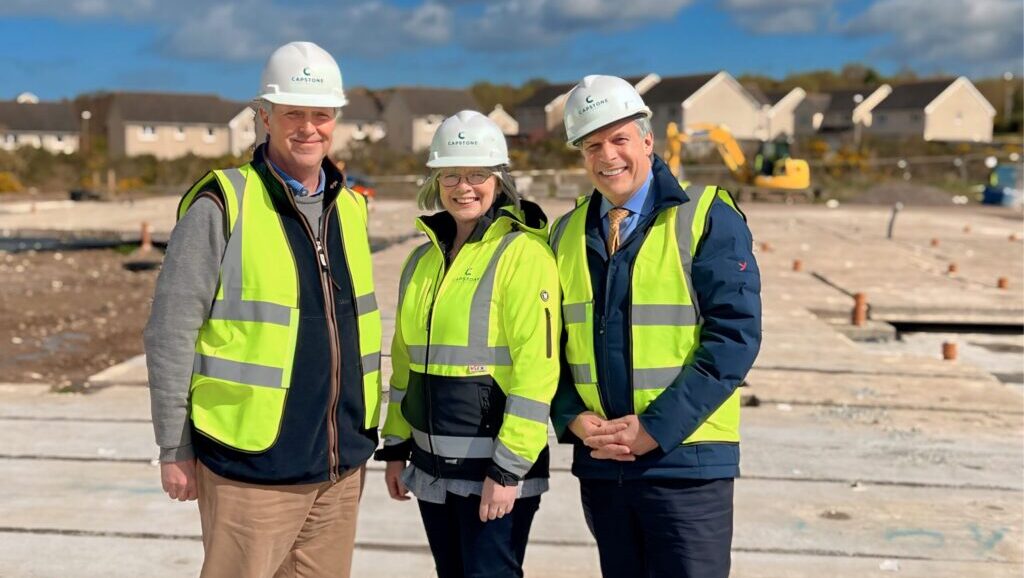Funding increased for nursing in care homes
Funding for nursing in care homes is being increased to support tens of thousands of care home residents with nursing needs, including those with learning and physical disabilities, the Department of Health and Social Care has announced.
The standard weekly rate per person, provided for NHS-funded nursing care, has increased by 11.5% from £187.60 to £209.19 for 2022-23 and will be backdated to 1 April.
In recognition of the additional time and work provided by nurses in care homes during the pandemic, a retrospective uplift on the 2021-22 rate has also been applied, providing an estimated additional £87 million to the sector.
The funding is paid by the NHS directly to care homes that employ registered nurses. This allows care home residents with specific healthcare needs to benefit from direct nursing care and services.
Registered nurses provide support to people with a variety of needs, including people with learning disabilities, those living with enduring physical or mental health needs and various conditions associated with old age. The extra funding supporting this important role acknowledges that this type of nursing requires a range of skills and training, helping ensure the vital service can continue to support the needs of the residents and all those who rely on it.
The report acknowledged that providing nursing care within care homes also helps reduce the pressure on hospitals so that the government’s funding can be used to help clear the Covid-19 backlog.
“Our brilliant adult social care nurses work tirelessly to support people living with a variety of health needs,” said minister for care Gillian Keegan.
“Increasing the weekly rate and the retrospective uplift reflects the cost of this vital work which is carried by our valued and skilled workforce to help those who need it. It is right we continue to review the cost of this care to ensure nurses can continue providing excellent care and support the needs of their residents.”
The rates are based on new research conducted by the Department of Health and Social Care in 2021 through a cost collection survey which was sent to nursing home providers.
“Nurses across social care play an essential role in delivering high-quality, complex care to those who require the skills and expertise of registered nurses,” added chief nurse for adult social care Deborah Sturdy. “This funding is vital to supporting their role in planning and providing care.”
The retrospective Covid-19 uplift provides additional payments of £21.93 per resident per week for 2021-22.
Before 2007, there were three rates for NHS-funded nursing care based on need. After 2007, a single rate was introduced with the higher rate remaining for those who were already on this rate before 2007.
For those in the higher band, the retrospective increase for 2021-22 will mean an extra £30.17 per resident per week. The higher band rate for 2022-23, with the increase, will be £287.78 per week.
The £5.4 billion from the Health and Social Care Levy over the next three years includes £1.4 billion to ensure local authorities pay a fairer rate for care and £500 million to develop the wider care workforce.
“From October 2023, people who draw on care and support will no longer face unpredictable care costs thanks to the government’s charging reform with five trailblazing local authorities turning charging reform on early so we can learn lessons and ensure a smooth national transition to the new system,” the report concluded.
“Together with the white papers on reform and integration, the government is fulfilling its promise to do what is necessary to develop world-leading care.”



